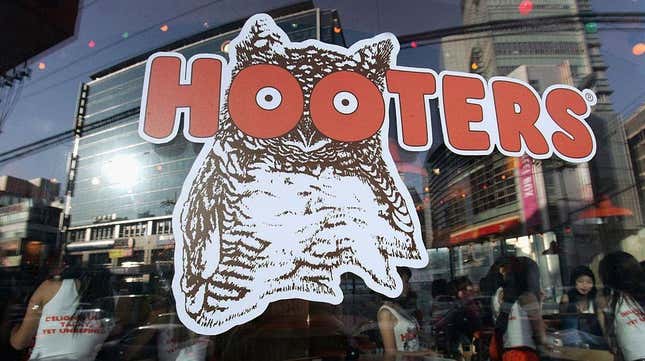
A group of Black women who felt they were discriminated against by workers at a Hooters in Greensboro, N.C. are finally getting the justice they felt they deserved for the past year.
In August 2023, a group of Black women who worked as “Hooters Girls” filed a lawsuit with the U.S. Equal Employment Opportunity Commission (EEOC), claiming that they “experienced racial discrimination and hostility from managers” and were often subjected to “discriminatory comments.”
The lawsuit also claims that managers showed a preference for “Hooters Girls” who were white or had lighter skin and would often make jokes about the appearance of Black servers and say that the lighter-skinned women were more presentable, according to the EEOC.
The suit also adds that when Hooters allowed workers to return in May 2020 during the height of COVID-19, they primarily brought back white and lighter-skinned workers. But last week, Hooters of America settled with the EOC, requiring the company to pay $250,000 to the Black women involved in the lawsuit.
More from the U.S. Equal Employment Opportunity Commission:
In addition to paying $250,000 in damages to the affected employees, the three-year decree, which applies to stores covering four locations in North Carolina, prohibits Hooters from making layoff, or recall and rehire decisions after a layoff, based on race or color in the future. The decree further prohibits Hooters from making these decisions using standards that allow for subjective determinations based on race or color. Hooters is also required to conduct annual trainings, post a notice of employee rights, submit compliance reports to the EEOC and reassure the public that Hooters is an equal opportunity employer through a post on its Instagram feed.
In a statement, the attorney of the EEOC’s Charlotte District, Melinda C. Dugas, shared, “This is a powerful resolution which serves the public interest, provides relief to the class of affected employees, and helps protect current and future employees from unlawful discriminatory decision-making based on race or color.”
None of the women from the lawsuit have been identified publicly.

